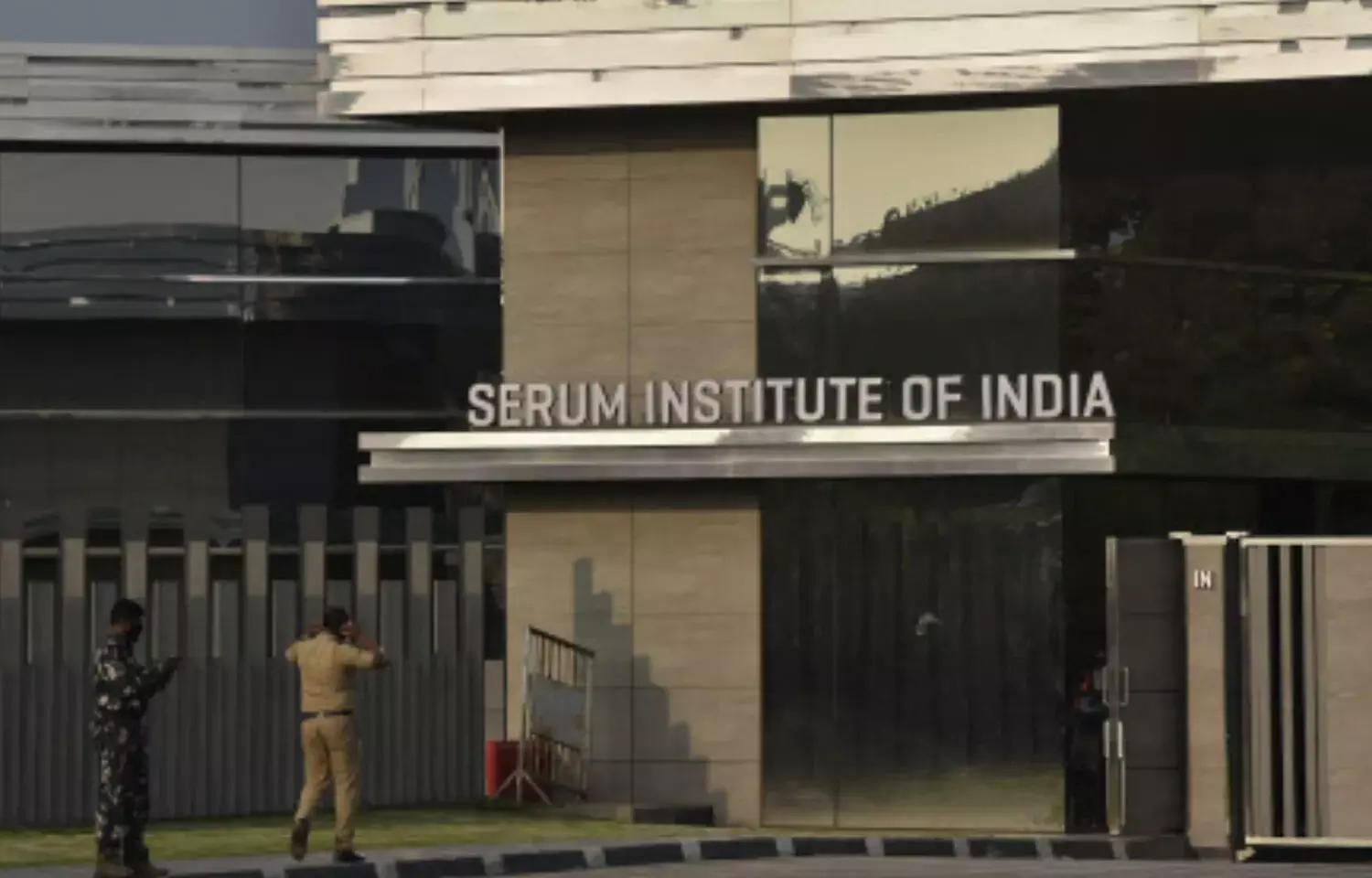- Home
- Medical news & Guidelines
- Anesthesiology
- Cardiology and CTVS
- Critical Care
- Dentistry
- Dermatology
- Diabetes and Endocrinology
- ENT
- Gastroenterology
- Medicine
- Nephrology
- Neurology
- Obstretics-Gynaecology
- Oncology
- Ophthalmology
- Orthopaedics
- Pediatrics-Neonatology
- Psychiatry
- Pulmonology
- Radiology
- Surgery
- Urology
- Laboratory Medicine
- Diet
- Nursing
- Paramedical
- Physiotherapy
- Health news
- Fact Check
- Bone Health Fact Check
- Brain Health Fact Check
- Cancer Related Fact Check
- Child Care Fact Check
- Dental and oral health fact check
- Diabetes and metabolic health fact check
- Diet and Nutrition Fact Check
- Eye and ENT Care Fact Check
- Fitness fact check
- Gut health fact check
- Heart health fact check
- Kidney health fact check
- Medical education fact check
- Men's health fact check
- Respiratory fact check
- Skin and hair care fact check
- Vaccine and Immunization fact check
- Women's health fact check
- AYUSH
- State News
- Andaman and Nicobar Islands
- Andhra Pradesh
- Arunachal Pradesh
- Assam
- Bihar
- Chandigarh
- Chattisgarh
- Dadra and Nagar Haveli
- Daman and Diu
- Delhi
- Goa
- Gujarat
- Haryana
- Himachal Pradesh
- Jammu & Kashmir
- Jharkhand
- Karnataka
- Kerala
- Ladakh
- Lakshadweep
- Madhya Pradesh
- Maharashtra
- Manipur
- Meghalaya
- Mizoram
- Nagaland
- Odisha
- Puducherry
- Punjab
- Rajasthan
- Sikkim
- Tamil Nadu
- Telangana
- Tripura
- Uttar Pradesh
- Uttrakhand
- West Bengal
- Medical Education
- Industry
Serum Institute refunds South Africa for 5 lakh undelivered doses of COVID vaccine

Johannesburg: The Serum Institute of India has fully refunded South Africa for the 500,000 doses of the COVID-19 vaccine, which were not delivered to the country after it decided not to use the vaccine because it was not effective against a new variant of the virus.
A million doses from the institute, which had already been delivered, have been sold on to other countries in the African Union.
'Treasury has confirmed that the Serum Institute of India has fully refunded us for the remaining 500,000 doses that had not been delivered to South Africa and the money is already in our bank account,' Health Minister Zweli Mkhize said at a televised media briefing on Thursday.
'I want to clarify this quite clearly, as this now closes the matter of the AstraZeneca vaccine and also we close it without incurring any fruitless and wasteful expenditure,' he said.
Mkhize said that there was a huge concern among South Africans that these vaccines would now be wasted.
'But we want to indicate that all of the AstraZeneca vaccines have been salvaged,' he said.
'The one million doses that we have received have been sold to the African Union platform and have been distributed to many African countries, who have been able now to have access to these vaccines,' Mkhize said.
The minister explained why other states in Africa could use the 500,000 doses of the vaccine, which were rejected by South Africa.
'The difference between us and some of these countries is that they actually don't have the same variant as what we have got and therefore they also don't have evidence in their countries that the AstraZeneca would be a problem.
'So, in those countries we go by the WHO guidelines that said it could be used, even if there are other variants in other countries,' he said.
Mkhize said South Africa would continue to support AstraZeneca's efforts and would deal with them again when they could show that they had developed a vaccine with efficacy against the new variant in South Africa.
He also outlined plans for the vaccine rollout in South Africa from other suppliers.
'We have now secured 51 million doses of vaccines with the agreements that have been signed - 31 million from Johnson and Johnson, which is a one-dose vaccine; and 20 million from Pfizer, which is a two-dose vaccine.
'This means that we can now move forward with confidence as we finalise our plans for our mass rollout campaign, which is due to officially begin at the end of phase one on May 17,' he said.
South Africa started the first phase by vaccinating its healthcare workers. The second phase of six months will target the elderly, people with comorbidities, and workers in essential services, with the rest of the population following in the third phase.
'If we didn't have this debacle with the AstraZeneca vaccines, we would have been able to move faster, as we have indicated to the public,' Mkhize said as he expressed hope that South Africa would achieve herd immunity against COVID-19 within a year.
Ruchika Sharma joined Medical Dialogue as an Correspondent for the Business Section in 2019. She covers all the updates in the Pharmaceutical field, Policy, Insurance, Business Healthcare, Medical News, Health News, Pharma News, Healthcare and Investment. She has completed her B.Com from Delhi University and then pursued postgraduation in M.Com. She can be contacted at editorial@medicaldialogues.in Contact no. 011-43720751


